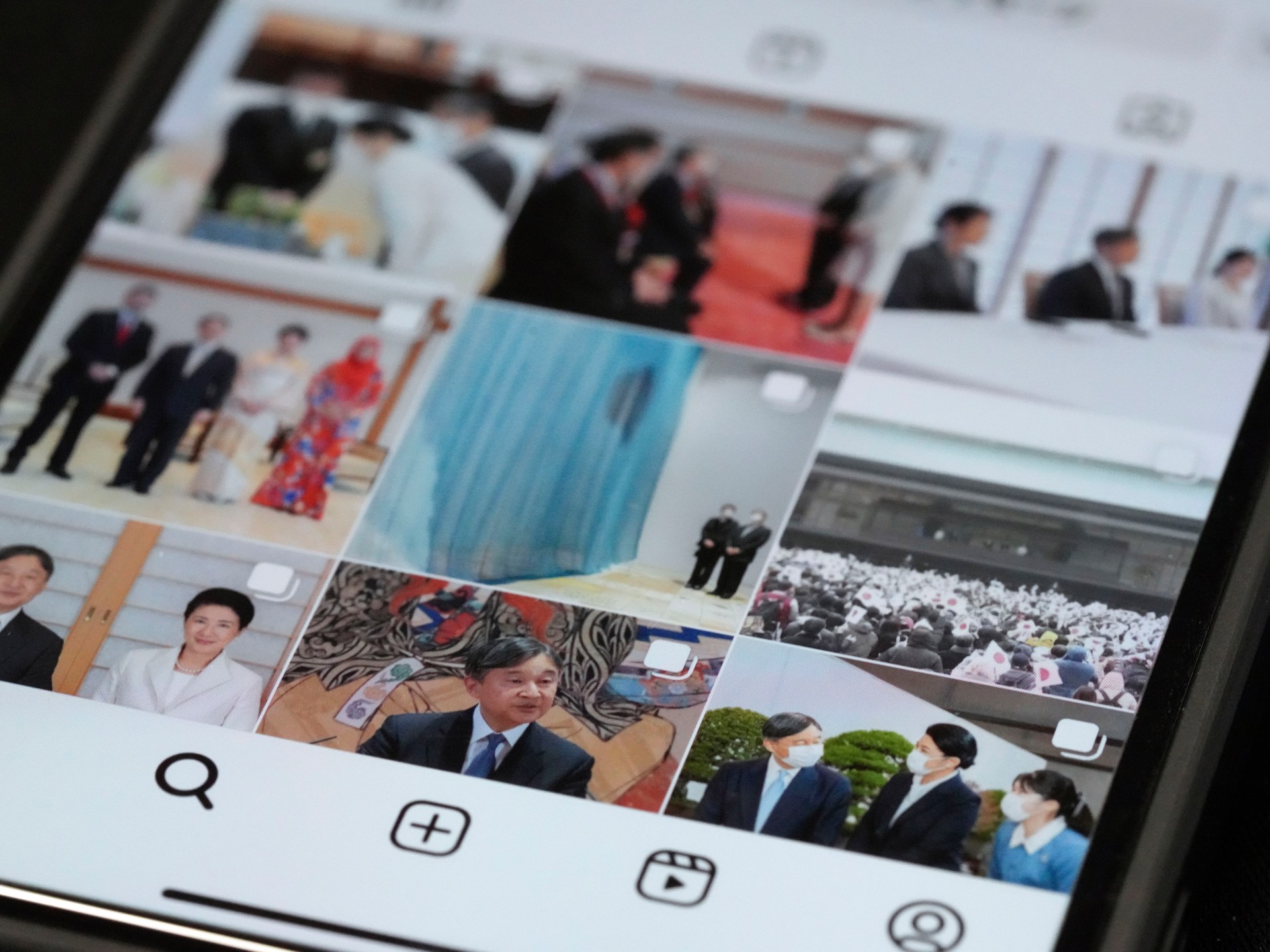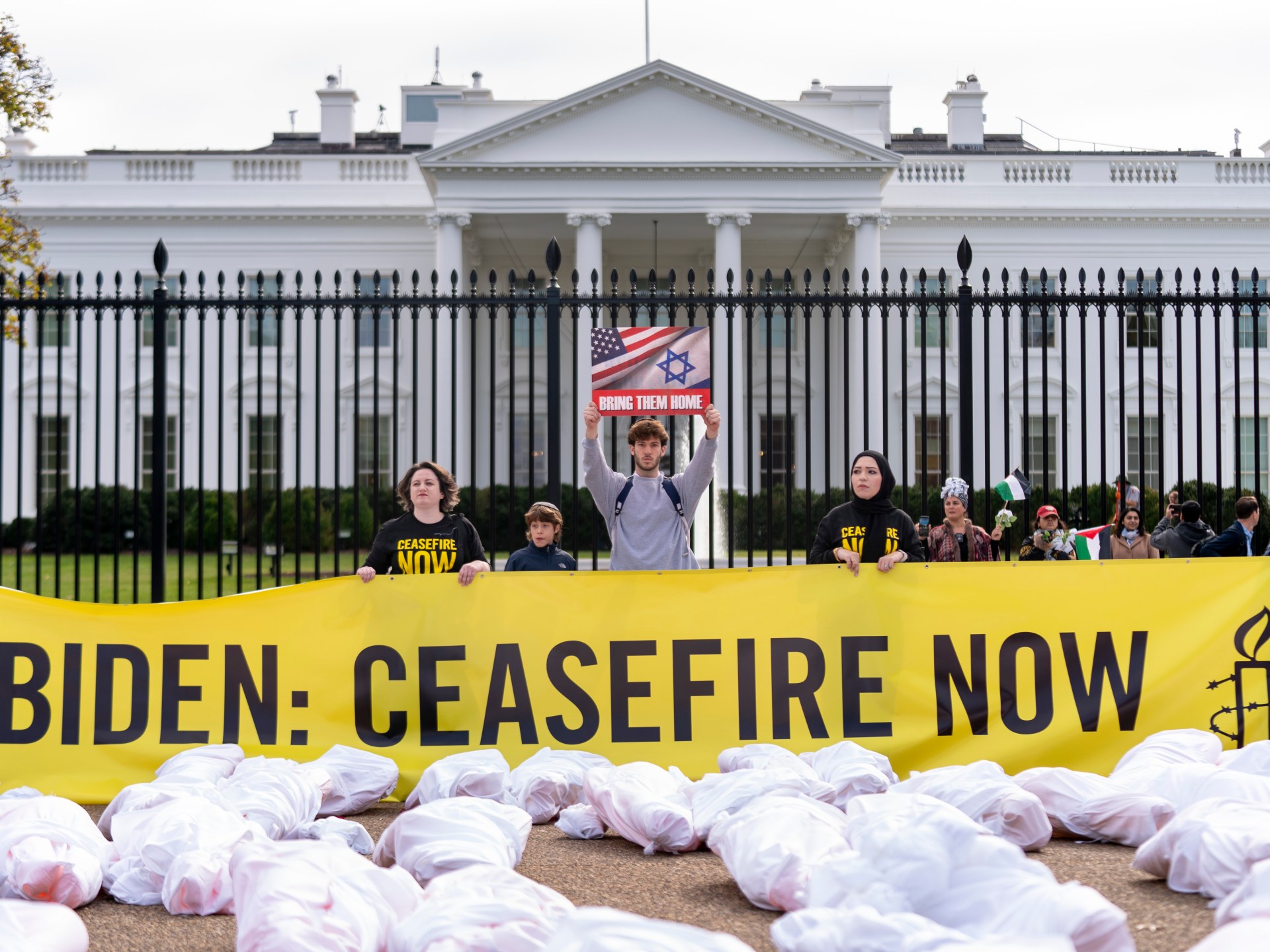Time for ‘concrete action’ by international community to hold Iran’s security forces to account — Global Issues
Amid protests sparked by the death in custody last month of Mahsa Amini following her arrest by so-called “morality police”, Special Rapporteur Javaid Rehman, told journalists in New York that since then, many in the UN human rights sphere had made “very strong calls for independent, impartial investigations”, with no response from Iran, other than escalation.
‘Responsibility to take action’
“I would stress the international community has a responsibility to take action, to address impunity for rights violations”, he said, saying it was “really important” the UN and other international bodies, “take concrete action”.
“Iran is in turmoil” he told reporters, with news reports on Thursday broadcasting video showing security forces attacking mourners at the gravesite of teenager Nika Shakarami, after mass protests across the country on Wednesday, to mark 40 days after the death of Ms. Amini.
His briefing at UN Headquarters in New York came just hours after he made his call for a new international probe mechanism.
Predominantly young men and women have led the protest movement, demanding change, justice and accountability.
Mr. Rehman said that not only had the State ignored calls for any impartial and prompt investigation into the crackdown which has left at least 250 dead, including 27 children, but it has increased the violence, asserting no wrongdoing on the part of the authorities.
‘Women, life and freedom’
He said Iran’s own investigations have “failed the minimum standards of impartiality and independence”, while the call for change on the streets under the slogan, “women, life and freedom”, grows.
The independent expert said Ms. Amini was “not the first woman to face these brutal consequences” of the morality police enforcement of strict dress codes, and will not be the last one.
Many of the protesters are “young bright intelligent women – they see the world… Iranian authorities brutal as they are, repressive as they are, they cannot stop young people; they will not be able to stop this movement”, he said.
Just a day earlier, a large group of UN rights experts signed a statement condemning the killings and the crackdown, which include alleged arbitrary arrests and detentions, gender-based and sexual violence, excessive use of force, torture, and enforced disappearances.
Deeply troubling
“We are deeply troubled by continued reports of deliberate and unlawful use by the Iranian security forces of live ammunition, metal pellets and buckshot against peaceful unarmed protesters in breach of the principles of legality, precaution, necessity, non-discrimination and proportionality, applicable to the use of force,” the experts said.
“An alarming number of protesters have already been detained and killed, many of whom are children, women and older persons. The Government must instruct police to immediately cease any use of excessive and lethal force and exercise restraint.”
They said reports of physical and sexual violence against women and girls during protests and in public spaces, and the denial of other women’s and girl’s rights while in detention, or when active in public, were frightening.
Pattern of repression
“We see such violations as a continuum of long-standing, pervasive, gender-based discrimination embedded in legislation, policies and societal structures. All of which have been devastating for women and girls in the country for the past four decades.”
Internet communications have been disrupted since the protests started, preventing access and sharing of information.
Reports of acts of intimidation and harassment against protesters’ families by authorities have also emerged. They indicate that family members are being interrogated unlawfully, with a view to extracting false information attributing responsibility for the killing of relatives to “rioters” or individuals working for “enemies of the Islamic Republic of Iran”.
Special Rapporteurs are appointed by the Geneva-based UN Human Rights Council to examine and report back on a specific human rights theme or a country situation. The positions are honorary and the experts are not paid for their work.
Check out our Latest News and Follow us at Facebook
Original Source






